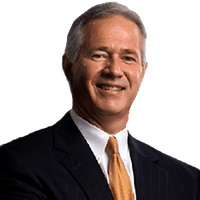Seagoville DUI-DWI Lawyer, Texas
Sponsored Law Firm
-
 x
x

Click For More Info:
-
Andrew V. Howard, PC
1717 Mckinney Ave Suite 700 Dallas, TX 75202» view mapCriminal Experience You Can Trust
Attorney Andrew Howard is dedicated to protecting the rights of his clients and will stop at nothing to ensure they are treated fairly in court.
214-226-1848
Jay Bishop
✓ VERIFIEDJay Bishop proudly serves Dallas, TX and the neighboring communities in the areas of DUI-DWI and Family law.
John R. Teakell
✓ VERIFIEDJohn R. Teakell has over 30 years experience in criminal law as both a prosecutor and criminal defense attorney. Those charged with serious crimes see... (more)
Knox Fitzpatrick
✓ VERIFIEDAfter earning a statewide reputation for excellence as a prosecutor, Knox Fitzpatrick, in 1994, brought his formidable trial skills and gift for legal... (more)
Robert Rieker Carsey
✓ VERIFIEDWith over 10 years of experience representing clients who have been injured and wronged, Rieker recognizes the power disparity between ordinary people... (more)
FREE CONSULTATION
CONTACTColby Vokey
FREE CONSULTATION
CONTACTFREE CONSULTATION
CONTACTFREE CONSULTATION
CONTACT Andrew Howard Dallas, TX
Andrew Howard Dallas, TX





